Optimal Timing for Air Quality Testing
Determining the optimal timing for air quality testing is essential to obtain accurate and meaningful results. Testing during periods of high activity or specific seasons can reveal potential issues related to pollutants, allergens, or indoor air quality concerns. Proper timing ensures that the data collected reflects typical conditions and helps identify sources of contamination.
Air quality can fluctuate with seasons; testing during peak pollen seasons or winter months can uncover seasonal pollutant levels.
After renovations or repairs, testing helps confirm that indoor air quality has returned to safe levels.
Conducting tests prior to occupancy ensures the space is safe and free from airborne contaminants.
Testing during smog or pollution spikes provides data on exposure risks and helps develop mitigation strategies.
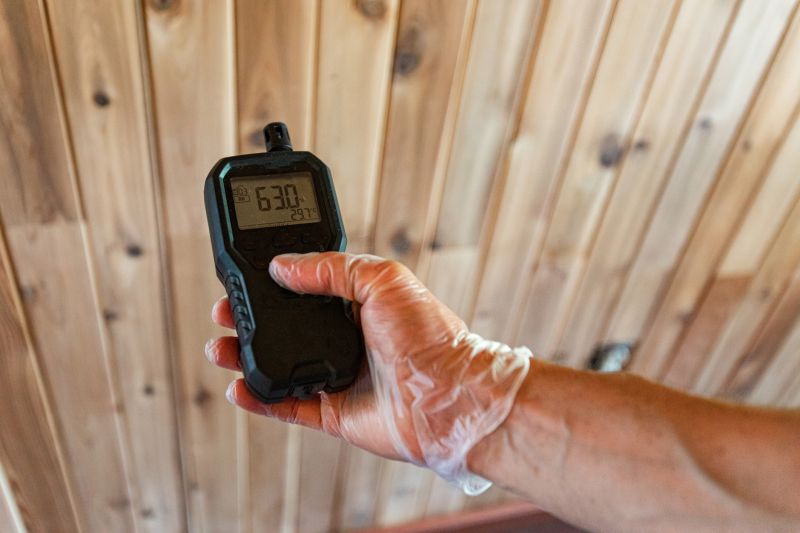
Air Quality Testing Service
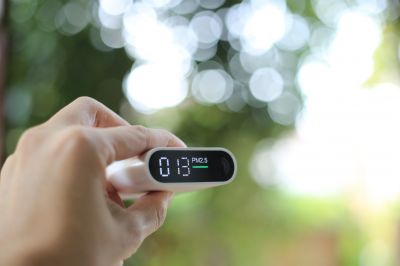
Air Quality Testing Service
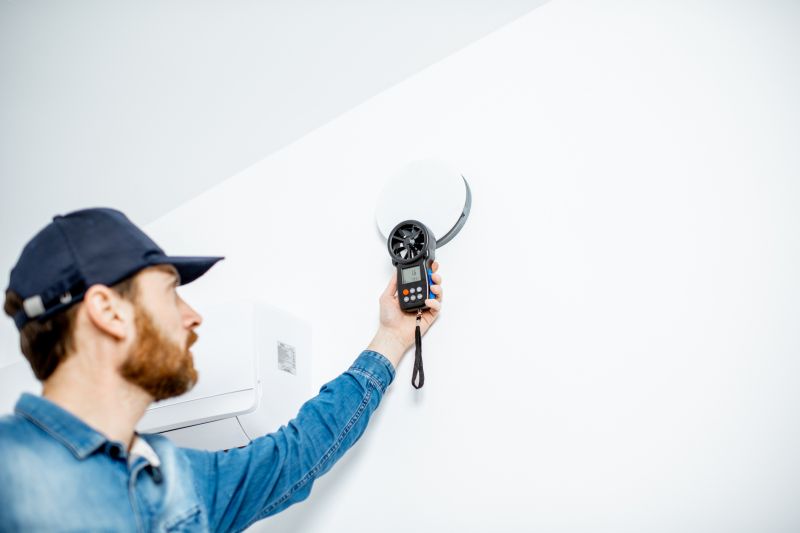
Air Quality Testing Service
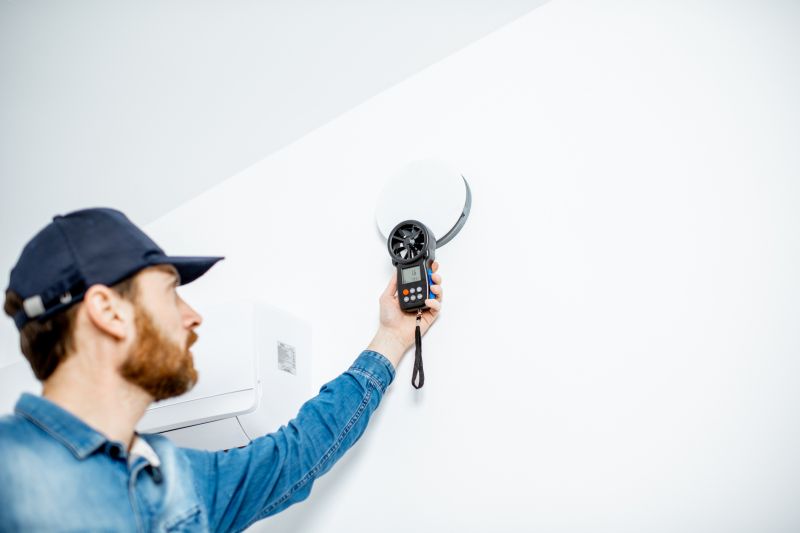
Air Quality Testing Service
| Factor | Best Testing Time |
|---|---|
| Seasonal Changes | Spring and fall for pollen and mold levels |
| Post-Construction | Immediately after renovations or repairs |
| Pre-Occupancy | Before moving into a new or renovated space |
| Pollution Events | During smog or high pollution days |
| Routine Monitoring | Quarterly or bi-annual checks |
Air Quality Testing Service provides a comprehensive analysis of airborne contaminants, allergens, and pollutants affecting indoor and outdoor environments. Accurate testing can identify sources of pollution, assess potential health risks, and support mitigation efforts. Regular testing is recommended in environments prone to high pollutant levels or during specific seasonal periods to maintain optimal air quality.
Statistics indicate that poor indoor air quality can contribute to respiratory issues, allergies, and other health problems. Monitoring during peak pollution periods or after environmental changes helps ensure safety and compliance with health standards. Proper timing of testing enhances the reliability of results and supports effective decision-making for air quality management.
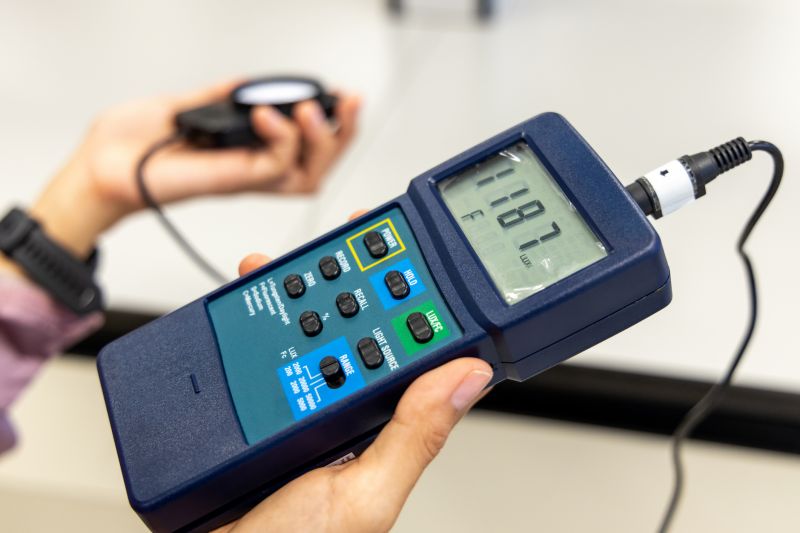
Air Quality Testing Service
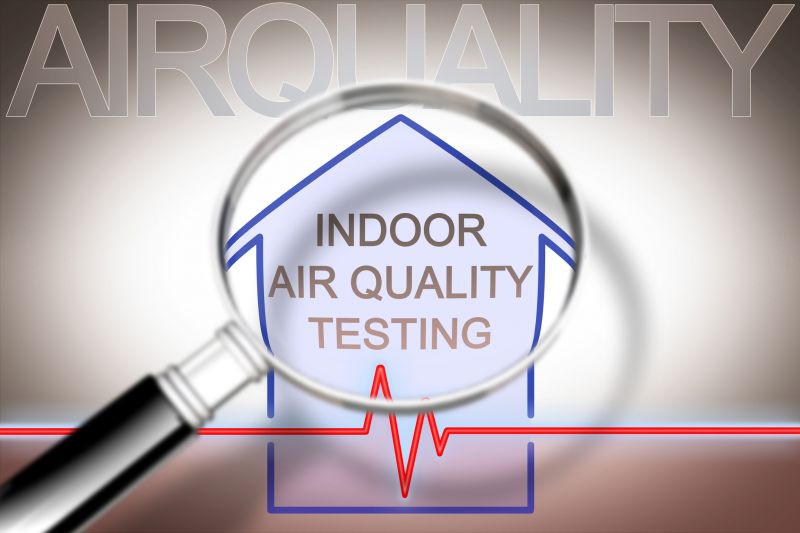
Air Quality Testing Service
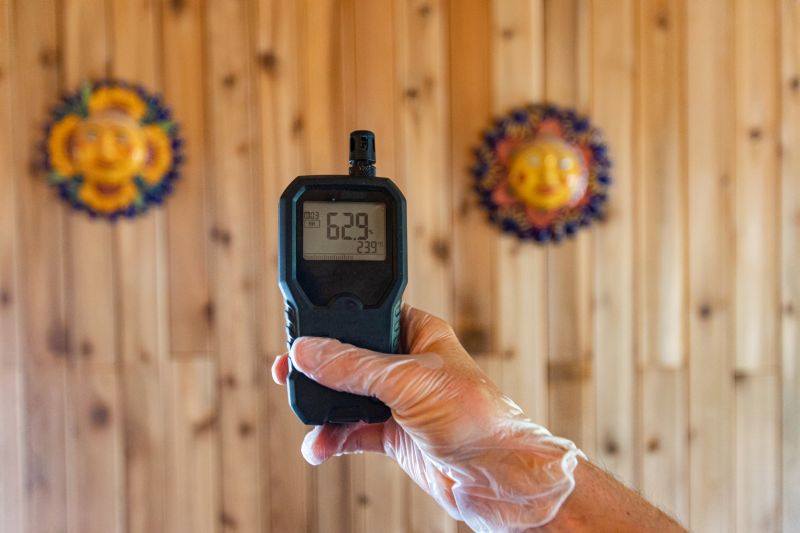
Air Quality Testing Service
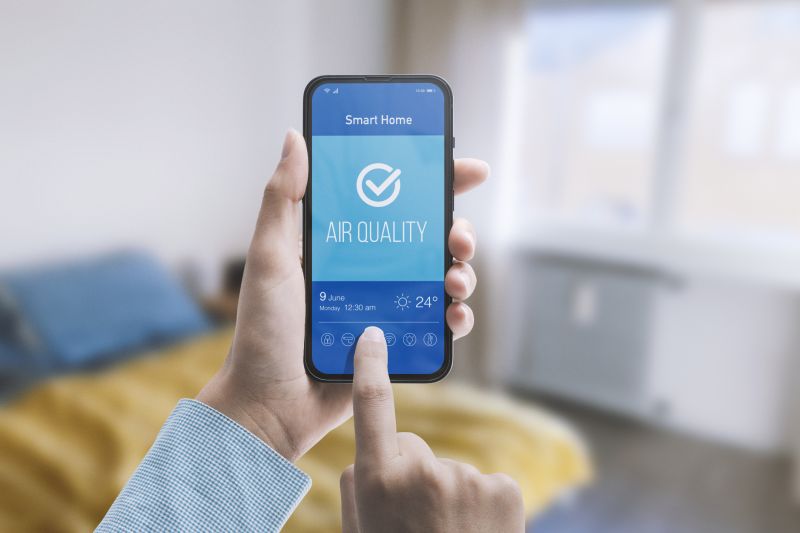
Air Quality Testing Service
Interested parties are encouraged to contact for further details or to schedule an air quality assessment. Proper timing and testing protocols ensure accurate results and help maintain a safe, healthy environment.
